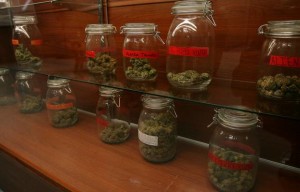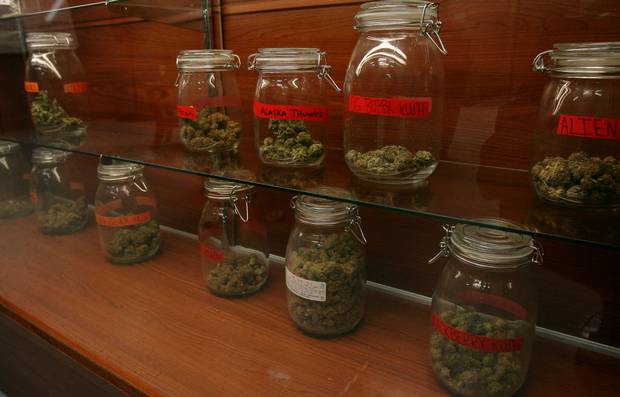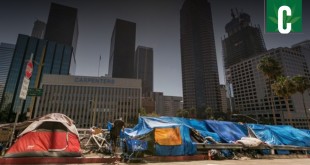Long Beach residents will soon be asked to tax medical marijuana dispensaries, even as city officials continue to draft regulations for the pot shops.
City council members voted at their Dec. 17 meeting to direct the city attorney to prepare documents to put a tax proposal on the ballot in April. The initiative would impose a city tax on medical marijuana.
Staff have recommended that the city adopt a 6 percent tax, though the council asked for flexibility to adjust the rate. The State Board of Equalization already collects a 9 percent tax. The vote to start the ballot process was 7-1.
Council Member Gerrie Schipske was the lone holdout against the new tax.
“I think it’s absolutely cruel,” she said of the possible 15 percent tax. “If you really do believe this is medication and that patients need it, then they’re going to be penalized.”
The council also pushed forward with plans to regulate medical pot dispensaries in town. At the December meeting, council members gave additional directions to the city’s planning commission, which is drafting recommendations for a zoning ordinance that would allow regulated dispensaries.
The planning commission is expected to discuss the ordinance in February. After the commission completes a study and completes recommendations for a zoning ordinance, it must report back to the council within two months.
There has been some contention over how much time the commission needs. Amy Bodek, development services director, said earlier in 2013 that the panel would need six months because members aren’t familiar with medical marijuana. But Council Member Suja Lowenthal said commission members know enough to do their jobs.
“The public has been ready, so they’re not going to hold this up,” Lowenthal said. “None of us want to subvert the Planning Commission process. This has been around for five years. This is a priority.”
Long Beach has a rocky history with pot shops. More than three years ago the city enacted an ordinance limiting the number of dispensaries in the city. In 2011 a lottery was added to award licenses.
But MMJ advocates challenged the ordinance in court, and it was struck down by an appellate court because it conflicted with federal law. In response, the city council simply banned dispensaries outright.
Opposition among some city officials remained strong. Plice Chief Jim McDonnell told the council pot shops have had a negative impact on quality of life in Long Beach. There are six shops operating in the city despite the ongoing ban, he said, and city resources are “ill equipped” to deal with regulation.
“Whatever possible good you believe that [the city] would be doing for a small segment of the population would drastically be outweighed by the negative impact on the greater community and a significant strain on already limited city-staffing resources,” McDonnell said. “Allowing dispensaries is not the answer to help those who are ill.”
 California Marijuana Market Breaking "Marijuana News" from CA
California Marijuana Market Breaking "Marijuana News" from CA





